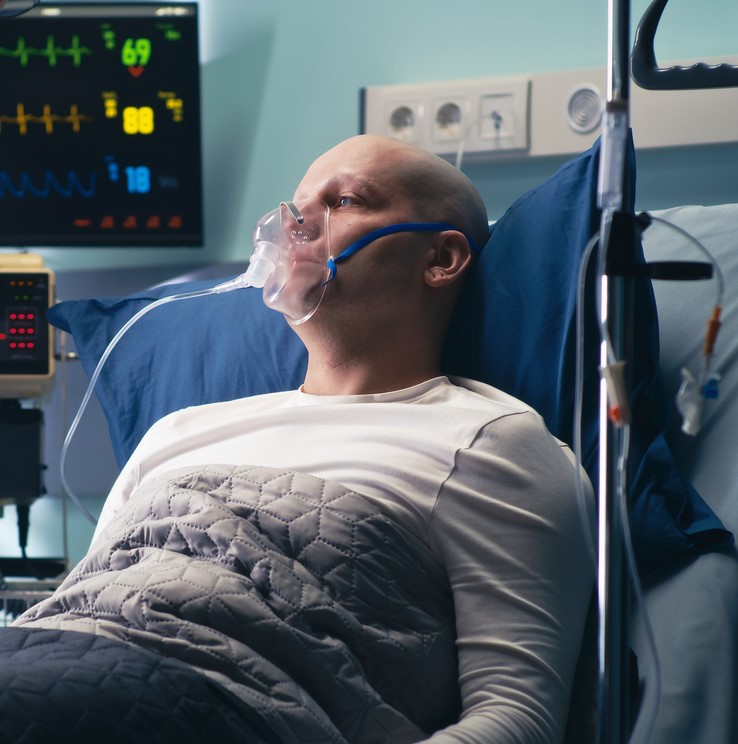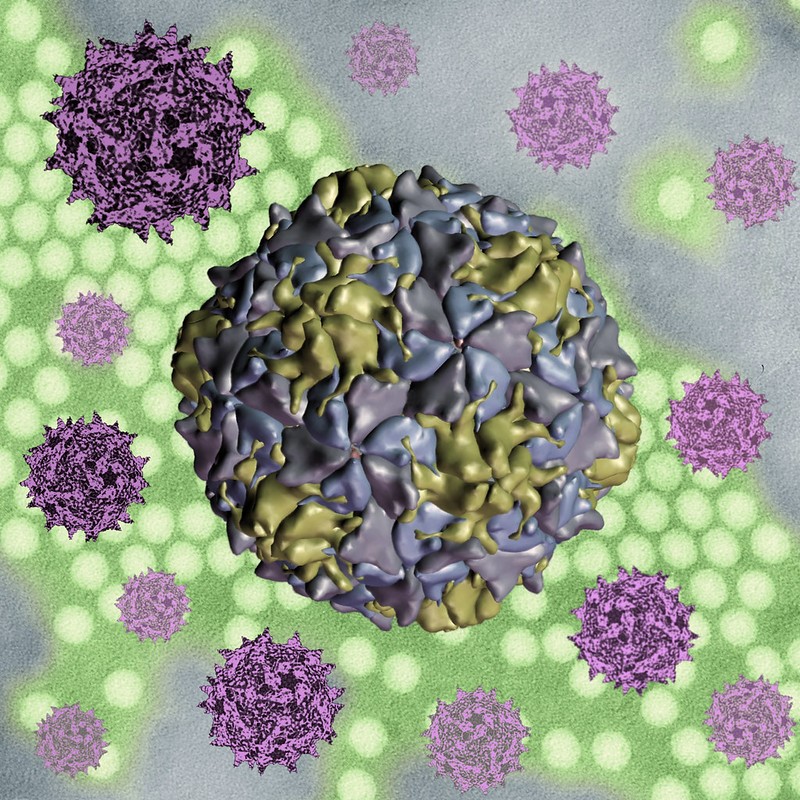 The risk of developing venous thromboembolisms—potentially serious blood clots in the veins—is elevated among cancer patients hospitalized with COVID-19 and taking anticancer drugs, according to a study yesterday in JAMA Oncology.
The risk of developing venous thromboembolisms—potentially serious blood clots in the veins—is elevated among cancer patients hospitalized with COVID-19 and taking anticancer drugs, according to a study yesterday in JAMA Oncology.
A team of researchers from across the United States analyzed data on 4,988 cancer patients worldwide who had lab-confirmed SARS-CoV-2 infection from March 2020 to December 2021. They compared the 1,869 patients who had received systemic anticancer therapies such as endocrine therapy, immunomodulators, and chemotherapy in the 3 months before COVID-19 with those who hadn't.
The researchers found that the relative risk of venous thromboembolism was 33% higher in those taking systemic anticancer treatment compared with those who weren't (adjusted risk ratio [aRR], 1.33; 95% confidence interval [CI], 1.04 to 1.69). The drugs, however, were not tied to a higher risk of arterial thromboembolism (aRR, 0.81; 95% CI, 0.56 to 1.16).
Higher risk in Black patients
They also discovered that Black patients had a higher risk of thromboembolic events (TEEs) (aRR, 1.24; 95% CI, 1.03 to 1.50) than White patients.
Patients with TEEs had high intensive care unit admission (46%) and mechanical ventilation (31%) rates. The risk of death in patients with TEEs was associated with poor physical abilities (aRR, 1.77; 95% CI, 1.30 to 2.40) and active or progressing cancer (aRR, 1.55; 95% CI, 1.13 to 2.13).
These findings highlight the need for close monitoring and perhaps personalized thromboprophylaxis.
"These findings highlight the need for close monitoring and perhaps personalized thromboprophylaxis to prevent morbidity and mortality associated with COVID-19–related thromboembolism in patients with cancer," the authors concluded, referring to patient-tailored drugs that prevent blood clots.









